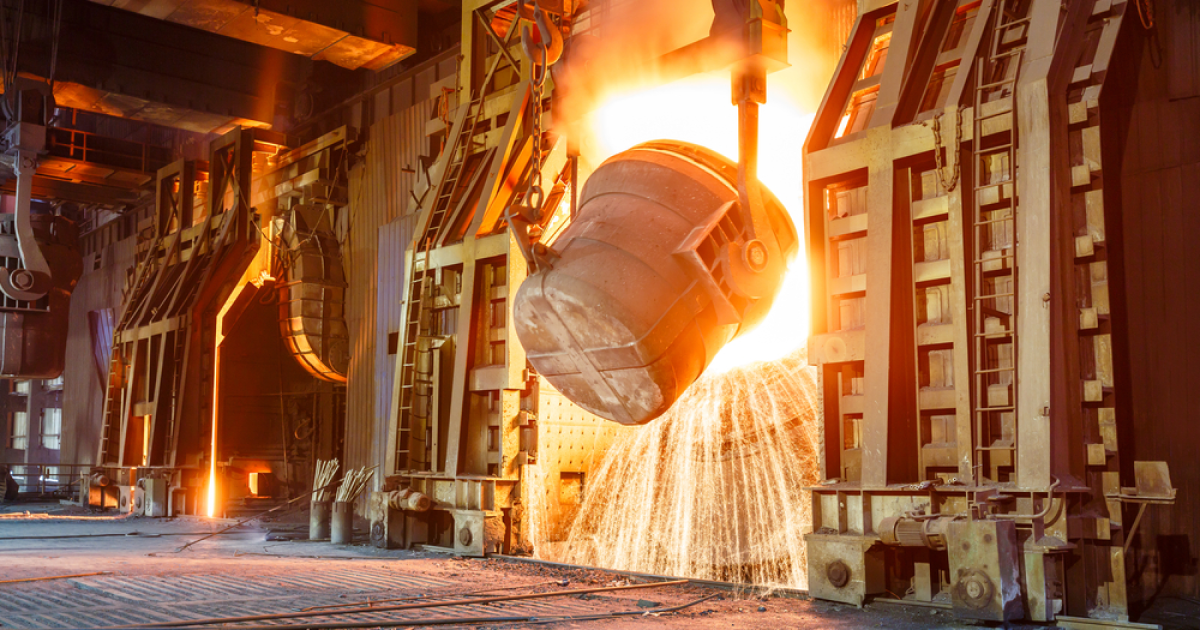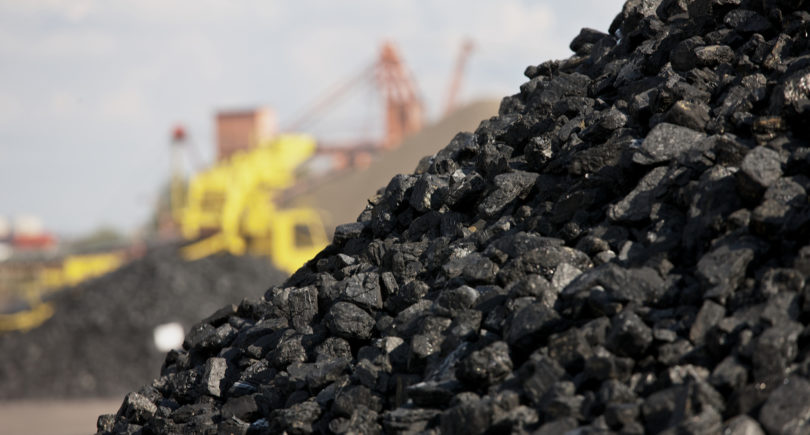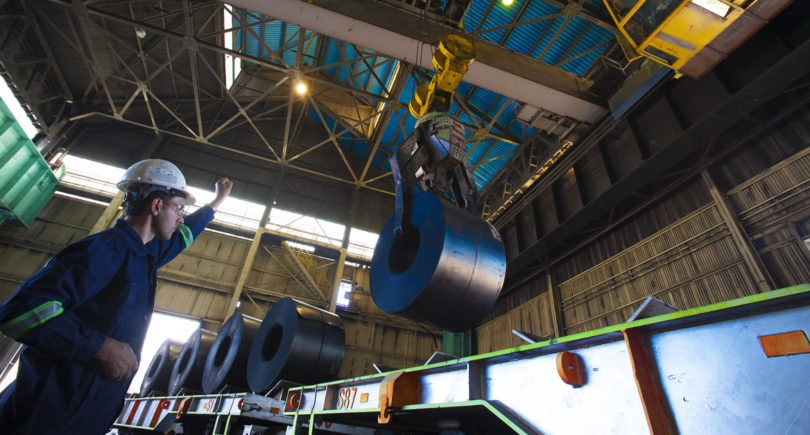
News Global Market Canada 4777 22 February 2024
In this way, the country increases the transparency of supply chains of steel products
Canada will require importers of steel products to provide border authorities with information on the country of steelmaking and bottling starting November 5, 2024. This is stated in the government’s announcement.
As part of a phased approach, importers of steel products can start providing data on the country where the raw steel was first produced. This process will ensure the country’s cooperation with the steel industry to support an effective and smooth transition to mandatory reporting.
«Canada is implementing a predictable and transparent process for collecting country of smelting and bottling information that will increase the reliability and resilience of the North American steel supply chain,» said Mary Ng, Minister of International Trade, Export Promotion and Economic Development.
Global Affairs Canada will analyze the data and publish reports on steel import trends.
Canada’s steel import monitoring program supports the timely publication of data on its type, quantity, origin and value, and is a source of preliminary information to track possible trends in real time. In 2023, more than 373 thousand transactions were monitored as part of the program.
The Government of Canada is implementing its phased approach to collecting country of smelting and bottling information following public consultations with metals industry stakeholders that began in 2022. In the coming months, they will be given an additional opportunity to contribute to the upcoming regulatory changes.
As GMK Center reported earlier, last March, the Canadian Steel Producers Association (CSPA) called on the federal government to act quickly to protect the competitiveness of the country’s steel industry and save jobs. The organization drew attention to the growth of offshore imports to Canadian steel markets, as well as the actions of the country’s key partners to support its industry in the global race to attract climate investment.




